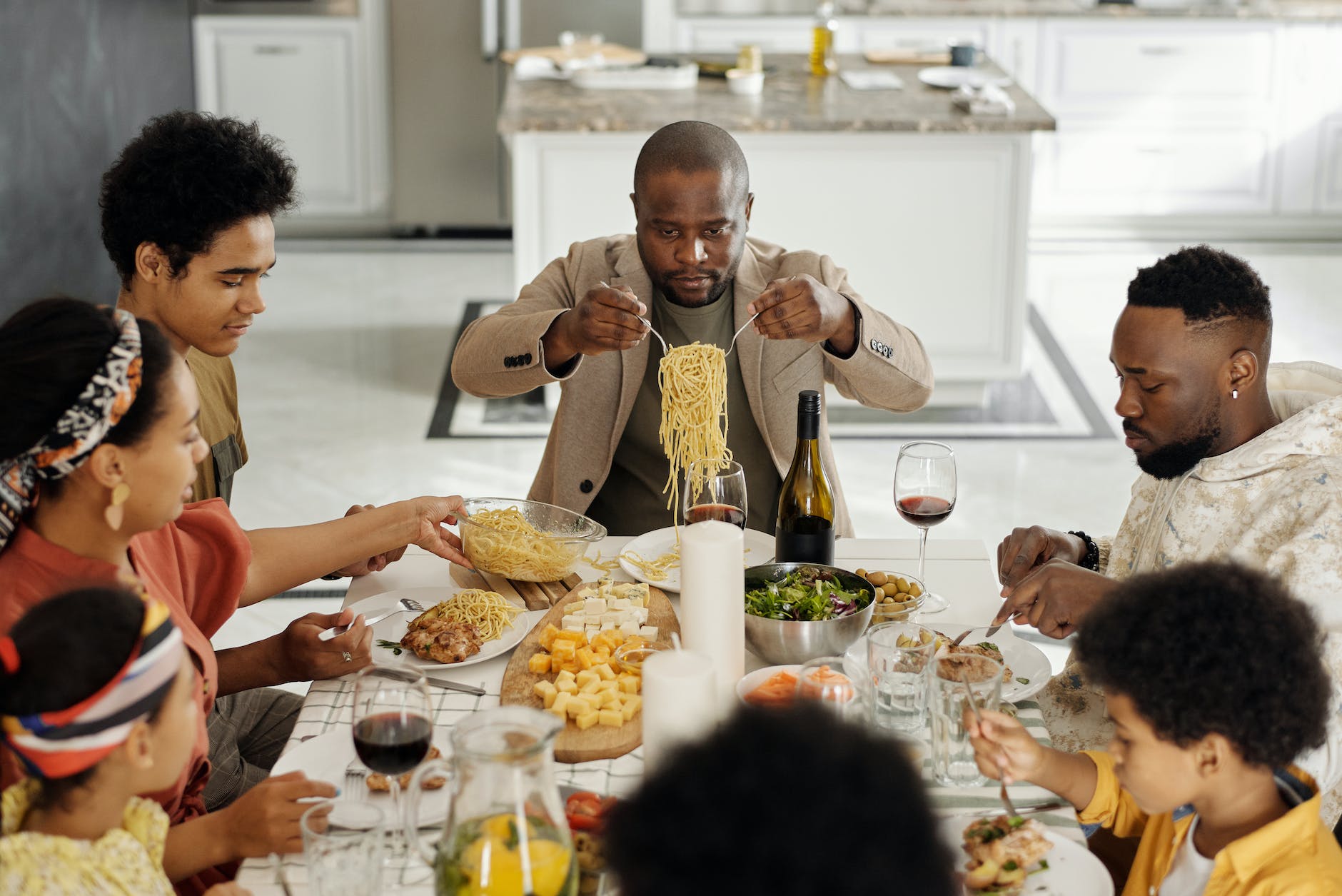Death is never easy, but death when polyamorous can get even more complicated.
Whether someone identifies as polyamorous, participates in an open relationship, or maybe just exists happily around this realm without any kind of label, it isn’t easy to live in non-traditional ways. This is especially true these days. Dealing with Christo-fascist extremists, discrimination, and negative vibes makes living as our authentic selves a challenge on many levels.
What about dying as our authentic selves?
There is a way to prepare for death when you’re polyamorous or in an open relationship, a way that includes you and your family, of any kind, grounded in peace, love, and acceptance.
What is Polyamory?
According to Wikipedia, people who identify as polyamorous live “in open relationships with a conscious management of jealousy and reject the view that sexual and relational exclusivity are prerequisites for deep, committed, long-term, loving relationships.”
Speaking from my own experience, my spouse and I created a non-traditional family after looking around and recognizing that “traditional” didn’t lead to a whole lot of joy. It was a conscious decision to live a different way and create a family filled with love, honesty, and respect.
A family with truly equal partners. Where jealousy, clinging, and possessiveness have no place.
We believed, then and now, that this recipe would create a life of meaning and happiness, preferable to accepting, as Henry David Thoreau put it, “lives of quiet desperation” instead.
Desperation too often results in broken families, broken hearts, and broken lives.
Call it open, polyamorous, or something else entirely. What matters is this – when the definition of “family” is broadened to include different kinds of long-lasting, loving relationships, everyone wins.

Death When Polyamorous
As a death doula with both professional and lived experience in this realm, here’s what I suggest to clients in non-traditional families who want to prepare for death:
1. Create an Estate Plan
What is an estate? It is simply everything that belongs to you. This includes real estate, financial accounts, your belongings, etc.
The size of your estate doesn’t matter. If you want commitments to others protected when you die, an estate plan will provide that. Otherwise, everything will automatically go to your spouse.
If you don’t have a legal spouse, but several partners instead, the default would be that everything goes to your next of kin. That is usually children or parents or other relatives.
Your significant others get nothing.
In many of these scenarios, state courts decide who gets what. That can be a messy, public affair where different heirs fight it out with conflicting ideas of what they should get. Talk to an estate-planning attorney for ways to avoid that.
2. Name Your Beneficiaries
If you want your tax-advantaged retirement accounts to go to a specific loved one, name that person as the beneficiary on those accounts. You may have a will that states who gets what, but it doesn’t matter. A beneficiary must be named for financial accounts, insurance policies, and annuities.
What if you don’t list a beneficiary?
Depending on the retirement plan rules and where you live, that money could go to probate. If you don’t have a will, most states will award all your assets to your next of kin. This may not be a partner or significant other.
Probate also means your estate will be vulnerable to debtors and multiple heirs who could contest your will.
3. List your Preferred Partner’s Name
Make sure your preferred partner’s name is on your checking, savings, or investment accounts. This ensures they can access these accounts when you’re gone. To do this, call your bank and get the proper form so you can get this taken care of immediately.
Your attorney and/or accountant can help explain fees, tax implications, and protection from creditors. Do you want to leave your house to your partner or other loved one? That too may be subject to probate and the rules that can come with it. Instead, outline everything now.
4. Consider a Living Trust
If you have both a complex personal life and a complicated financial situation, a living trust can ensure that your partner and other loved ones end up with what you want them to have. Again, talk with a professional about different factors to consider so you can make the best choice regarding your situation.
5. Be Honest and Open
The best gift you can give your family and loved ones is to settle everything before you die. This includes end-of-life plans and what you want to be done after you’re gone. Include your adult children, parents, siblings, and both legal and non-legal partners in these discussions.
This isn’t easy.
Our society doesn’t encourage us to talk about death and most cultures certainly don’t want to normalize non-traditional families. Too bad for them. You’ll reduce anger, rifts, and trauma after you’re gone if you gently discuss these topics with the people in your life who matter most.
Seek competent family therapists if you need help eliminating shame and guilt from the discussion.
These tender talks also allow everyone to deal with the reality of this situation and hopefully achieve acceptance before grieving the loss of someone they love.
6. Choose a Durable Power of Attorney (Healthcare)
Your healthcare proxy should be someone you trust to make medical decisions when you can no longer do so.
7. Create a Living Will
A living will or advance directives detail your wishes if you’re on life support. A living will also guides your proxy when they’re making important decisions.
8. Choose a Durable Power of Attorney (Finances)
This person will handle your money, including accessing your accounts as necessary, if you can no longer do so. Put other loved ones or significant others as contingent decision-makers on those documents if everyone can work together for your best interests.
Don’t leave decisions up to the courts.

Living and Dying Openly
I facilitate many tender talks. They ensure my client’s wishes are known. They allow my clients to thoughtfully answer their loved one’s questions.
Death when polyamorous can be freeing when you express the love and truth inside you. Share your final wishes so that everyone has a better understanding. And give your loved ones a chance to show grace and empathy.
And if some loved ones simply cannot abide by your wishes, it’s better to know ahead of time before you get gravely ill.
Contact me at Anitya Doula Services. We can discuss ways to prepare for an authentic death when polyamorous, open, or non-traditional, filled with peace, and surrounded by the love of your family, no matter what that looks like.



One thought on “How to Prepare for Death When You’re Polyamorous”